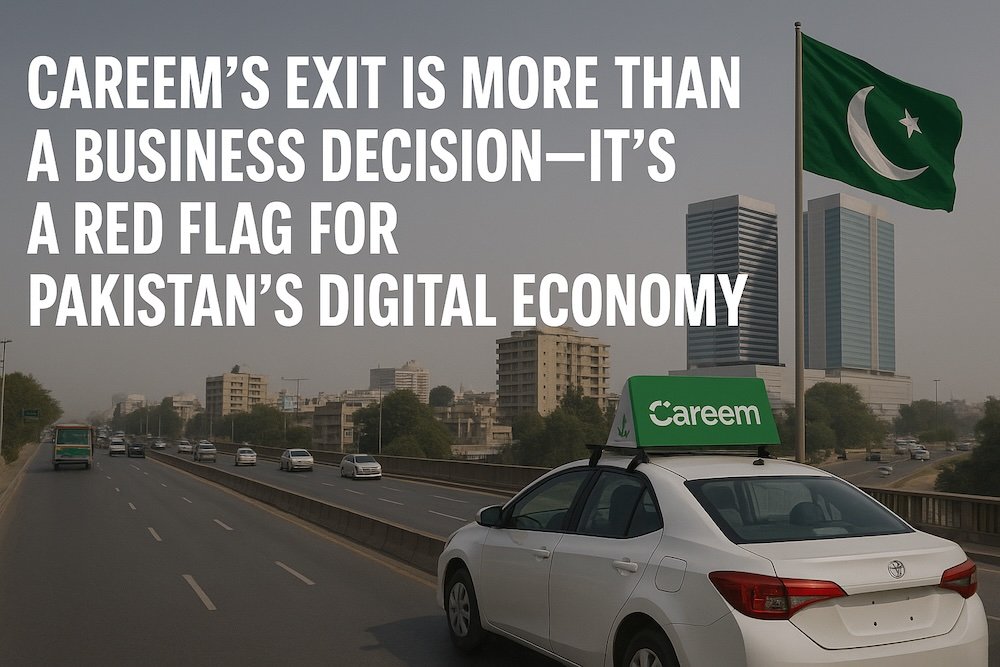Ursula von der Leyen, following her re-election as European Commission president, has declared an increased focus on the Mediterranean. She announced a dedicated commissioner portfolio to strengthen investment, partnerships, economic stability, job creation, energy, security, migration, and other mutual interests in this region. This initiative aligns with previous financial support of €1 billion each to Egypt and Lebanon, both facing economic challenges and part of the EU’s Southern Neighborhood partnership that includes 10 regions.
The EU’s policy towards this area is diverse, addressing human rights, governance, green transitions, migration, and conflict resolution. A significant part of this strategy is enhancing the region’s digital capabilities, as outlined in the EU’s new Agenda for the Mediterranean, which is integrated into the broader Global Gateway Initiative, the EU’s global infrastructure endeavor.
This agenda is exemplified by the “MEDUSA” Submarine Cable Project, which aims to connect European countries with Morocco, Algeria, Tunisia, and Egypt through a fiber-optic cable. This initiative is set to enhance internet connectivity for over 4.5 million students in universities and research centers.
The expansion of digital infrastructure is vital as it not only bridges the significant digital divide in the region, characterized by disparities in internet access across gender, urban-rural, and generational lines, but also catalyzes economic growth and job creation. A World Bank study in 2021 suggested that digitalization could boost GDP per capita by at least 40% and increase employment in manufacturing by 7%.
For Europe, investing in the digital transformation of the Southern Neighborhood means accessing crucial ICT talent and stabilizing the economy in these regions, which may reduce irregular migration. Additionally, it enhances Europe’s political influence, counters China’s digital sway in MENA, and strengthens climate resilience through technologies like smart grids.
Despite the strides made, the EU could further enhance its impact by rolling out more comprehensive digitalization initiatives focused on digital skills, entrepreneurship, and e-government services. These efforts should also tackle the substantial infrastructure gaps, especially in regions like Lebanon, which suffers from unreliable internet access amid economic crises.
The EU should also consider expanding the MEDUSA project to Mashreq countries and establishing a Digital for Development (D4D) Hub in the MENA region to foster collaboration between governments, the private sector, and civil societies. This hub could support digital development similar to other established hubs in various global regions.
Addressing the skills mismatch in the region, the EU has worked with companies like Orange to establish coding academies, such as the one in Amman, Jordan. Expanding such partnerships across the region could enhance local digital skill sets and employment prospects.
To effectively address the urban-rural digital divide, the EU should establish learning centers in rural areas or provide transport for rural residents to participate in digital training programs. This approach would help in addressing the digital inequality more comprehensively.
Furthermore, knowledge-sharing initiatives like the Technical Assistance and Information Exchange (TAIEX) and Twinning projects should be intensified to enhance local capabilities in digital policy implementation.
The EU’s commitment to integrating digital strategies into the newly proposed Mediterranean portfolio underscores the importance of digital transformation as a central element in fostering economic stability, job creation, and energy solutions in the region. This integrated approach is vital for achieving inclusive development and addressing the longstanding digital divides that hinder socio-economic equality in the MENA region.















